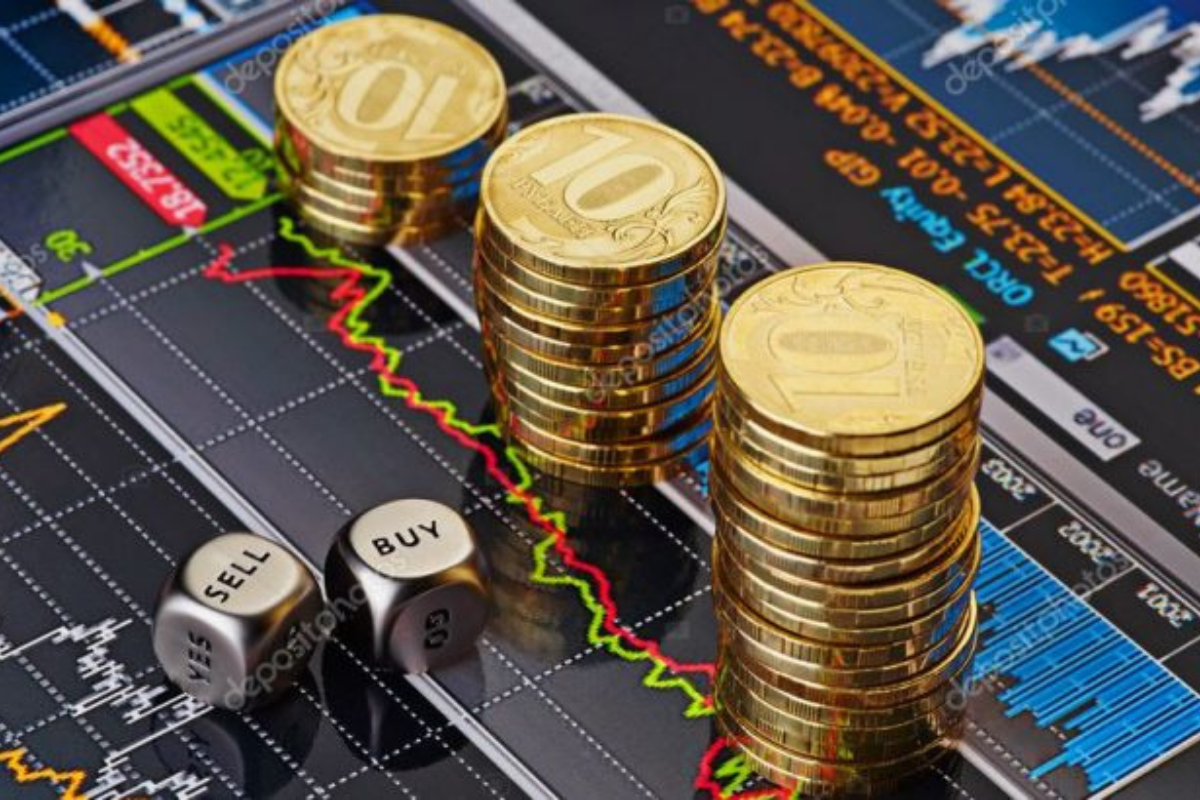
CURRENCY MARKET
The currency market, known as the foreign exchange (forex or FX) market, stands as the largest and most liquid financial market globally, boasting a daily trading volume exceeding trillions of dollars. Here are the key aspects and functions of this dynamic market
Trading Currencies:
The primary function of the currency market is to facilitate the exchange of one currency for another. Participants include banks, financial institutions, corporations, governments, and individual traders
Currency Pairs
Currencies are traded in pairs, where one currency is exchanged for another. Each pair consists of a base currency and a quote currency. For instance, in the EUR/USD pair, the euro is the base currency and the US dollar is the quote currency
Market Participants
Banks and Financial Institutions
Major banks act as both market makers and participants, trading on behalf of clients and facilitating liquidity
Corporations
Companies engaged in international trade and investment use the currency market to convert profits and payments from foreign markets into their domestic currency.
Investors and Speculators
Individual traders, hedge funds, and institutional investors engage in forex trading for profit-seeking purposes, including speculation on currency price movements.
Market Structure: The currency market operates 24 hours a day, five days a week, across major financial centers globally. It operates in a decentralized manner, meaning there is no single exchange; instead, transactions occur electronically over-the-counter (OTC) through a network of banks and brokers.
Factors Influencing Exchange Rates: Exchange rates are influenced by a variety of factors, including economic indicators (GDP, inflation, employment), geopolitical events, central bank policies (interest rates, monetary policy), and market sentiment.
Trading Instruments
Spot Transactions
Immediate exchanges at current market rates.
Forward Contracts
Agreements to exchange currencies at a future date at a predetermined rate.
Futures Contracts, Options, and ETFs:
These provide avenues for hedging and speculation based on currency pairs.
Role in Global Economy: The currency market plays a critical role in facilitating international trade and investment by enabling the conversion of one currency into another. It also serves as a vital tool for managing foreign exchange risk and supporting global financial stability.
In summary, the currency market ensures global liquidity, allowing businesses and individuals worldwide to conduct cross-border transactions efficiently and manage currency exposures effectively amid the complexities of the global economy.

